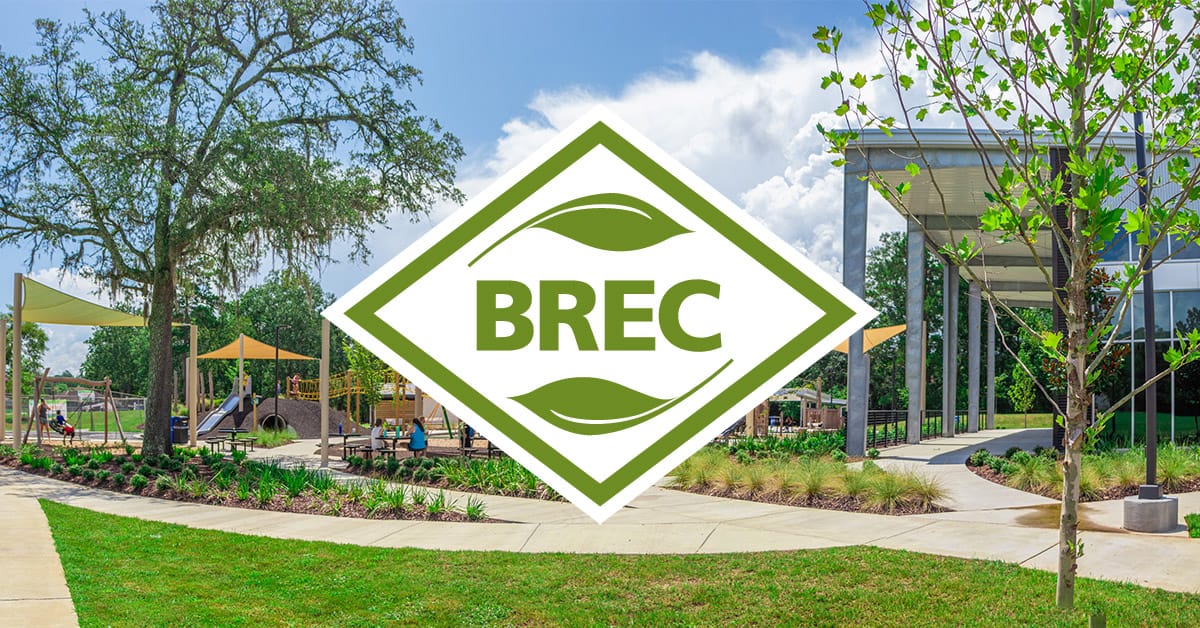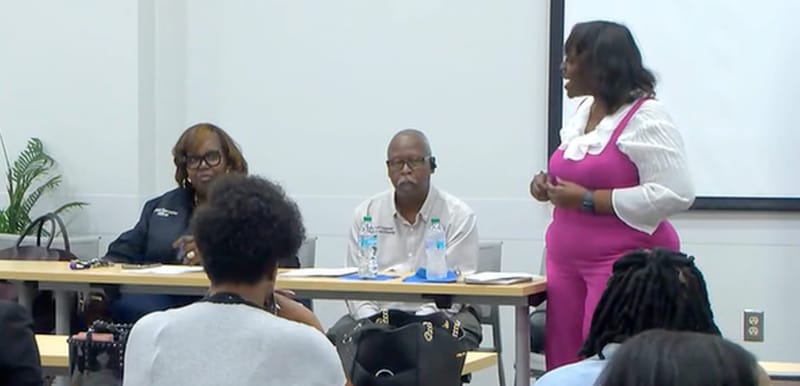Lawmakers Push to Reshape BREC Governance, Spark Debate Over Local Control in East Baton Rouge
The Louisiana House recently approved House Bill 86 and House Bill 649, both aimed at restructuring how the Recreation and Park Commission for the Parish of East Baton Rouge (BREC) is managed.
BATON ROUGE, La. — A pair of bills advancing through the Louisiana Legislature could dramatically overhaul the leadership of the East Baton Rouge Parish parks system, raising broader questions about governance, representation, and autonomy in the region’s suburban cities.
The Louisiana House recently approved House Bill 86 and House Bill 649, both aimed at restructuring how the Recreation and Park Commission for the Parish of East Baton Rouge (BREC) is managed. The legislation, backed by lawmakers and local officials in cities outside Baton Rouge proper, underscores a growing push for decentralization and local authority in public services.
HB 86: A Shift in Power Across the Parish
House Bill 86, introduced by Rep. Dixon McMakin (R–Baton Rouge), proposes replacing BREC’s current nine-member board with a new structure that prioritizes city-level representation. Under the proposal, the board would include five mayors or their designees from across the parish, alongside four members of the East Baton Rouge Metro Council.
Supporters say the change would strengthen transparency and ensure every incorporated city in the parish has a direct say in park operations.
“This gives each city in the parish a direct voice,” said McMakin during House debate. “When local elected officials are at the table, it naturally brings greater accountability.”
The bill passed the House with 89 votes in favor and only six opposed, signaling broad bipartisan support.
HB 649: Central Seeks Autonomy Over Its Parks
Running concurrently is House Bill 649, filed by Rep. Lauren Ventrella, which would remove the City of Central from the BREC system entirely. If passed, Central would gain full independence over its parks and recreational programming.
Central Mayor Wade Evans praised the move, saying his city is ready to manage its own green spaces.
“We just want to run our own parks,” Evans said. “The board should reflect leadership from across the parish.”
If both bills become law, Central would not be included in the restructured BREC board outlined in HB 86. McMakin confirmed amendments would be made to reflect Central’s departure.
Local Control vs. Regional Unity
Critics of the bills warn that altering BREC’s structure could weaken regional cohesion and threaten funding consistency. However, proponents argue the changes reflect a natural evolution as cities like Central, Zachary, and Baker grow and seek more say in local governance.
The proposed overhaul also taps into a wider conversation about equitable representation in parish-wide services—particularly in communities that feel underserved or overlooked by centralized decision-making.
Awaiting Senate Action
Both bills are now headed to the Louisiana Senate, where supporters anticipate continued traction.
“Our goals—lowering taxes, increasing efficiency, and returning control to local governments—clearly resonated,” said Ventrella.
East Baton Rouge Mayor-President Sid Edwards declined to comment on the pending legislation.
A Defining Moment for BREC and Baton Rouge
If approved by the Senate and signed into law, the legislation would represent the most significant governance change to BREC since its establishment in 1946. With the region’s demographics and political landscape evolving, the outcome of this legislative push could redefine how public resources are shared—and who gets to decide.







